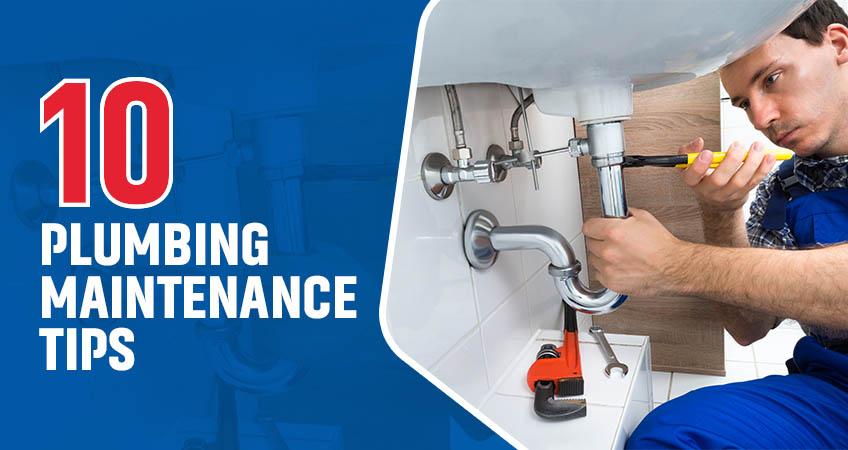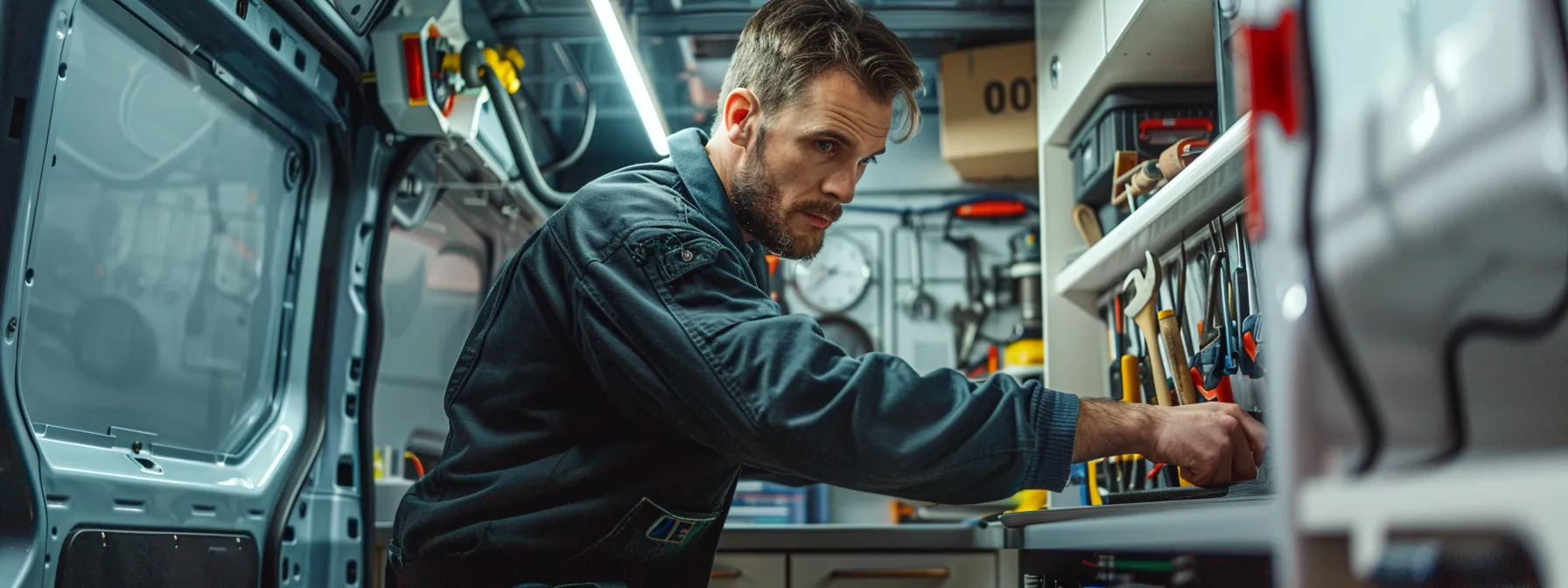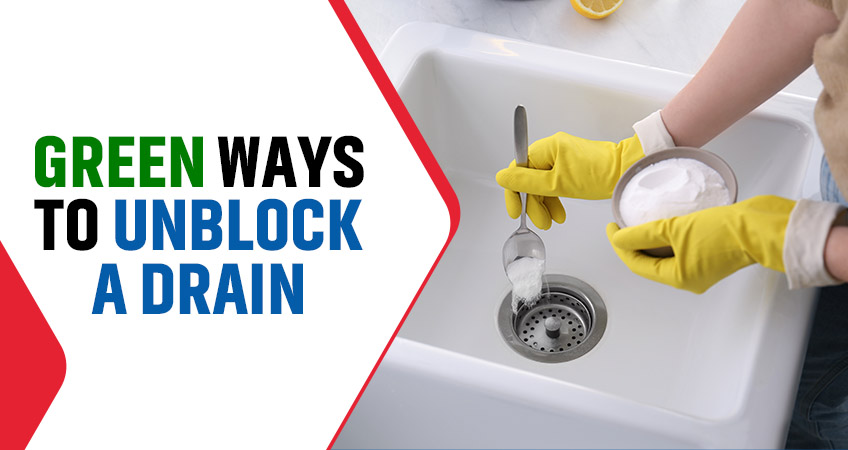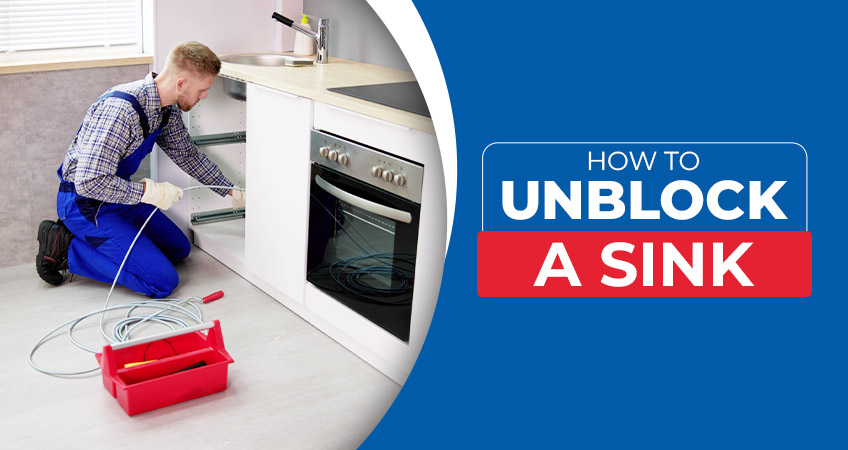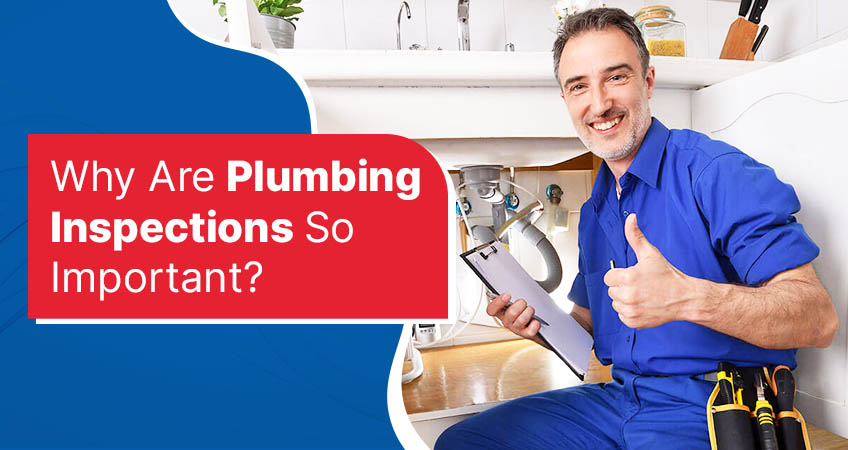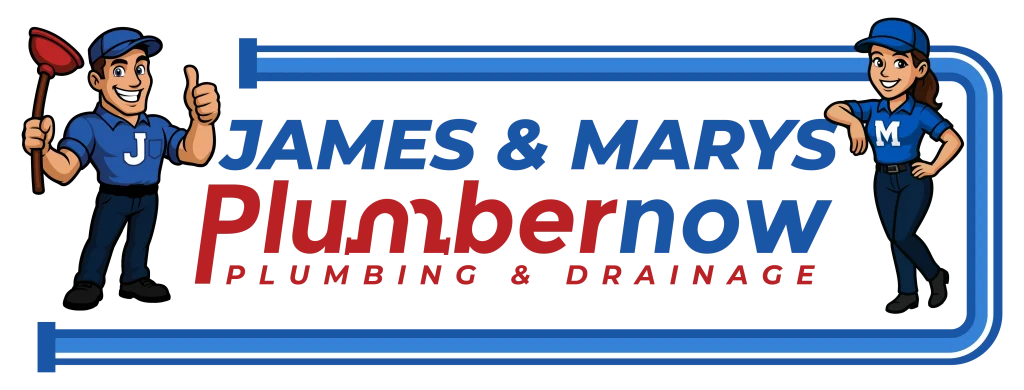Your plumbing system is the backbone of a functional, comfortable home. From providing safe drinking water to ensuring smooth drainage, it keeps everything running seamlessly — until something goes wrong. Without proper maintenance, minor plumbing issues can spiral into costly repairs.
At Plumbernow, we understand the frustration and financial burden of unexpected plumbing problems. That’s why we’ve compiled this list of the top 10 plumbing maintenance tips and preventive measures to help homeowners, renters, and DIY enthusiasts protect their plumbing and prevent expensive repairs.
Why plumbing maintenance matters
Keeping up with plumbing maintenance isn’t just about avoiding problems — it’s about protecting your home, your wallet, and your peace of mind. Regular upkeep can help you stay away with emergency plumbing:
- Prevent costly emergency repairs: A small leak today could become a burst pipe tomorrow.
- Save water and energy: Resolving inefficiencies, such as leaks or outdated fixtures, can cut down on utility bills.
- Ensure health and safety: Properly maintaining pipes and water systems reduces the risk of contamination or mould growth.
- Increase property value: A well-maintained plumbing system enhances home resale value.
Now that you know why it’s important, read on for actionable tips to keep your plumbing in top shape.
Inspect and clean taps and showerheads
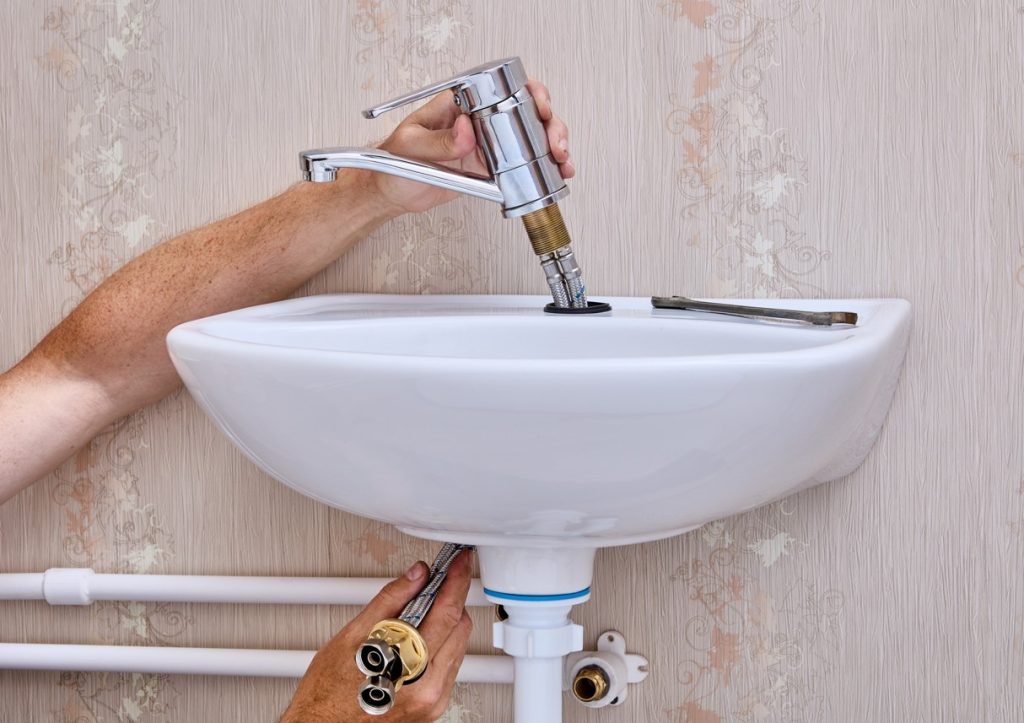
Dripping taps and clogged showerheads aren’t just annoying—they’re wasteful. Regularly inspecting and cleaning taps and showerheads ensures consistent water flow and prevents limescale build-up.
Steps to follow:
- Remove limescale: If possible, detach the showerhead or tap aerator. Use an old toothbrush and a mix of vinegar and warm water to scrub away mineral deposits.
- Check for drips: Tighten any loose fixtures and replace worn-out washers or O-rings.
- Frequency: Clean showerheads and taps at least every three to six months.
Pro Tip: If limescale build-up persists, consider investing in a water softener system to reduce hard water.
Check for leaks in your plumbing system
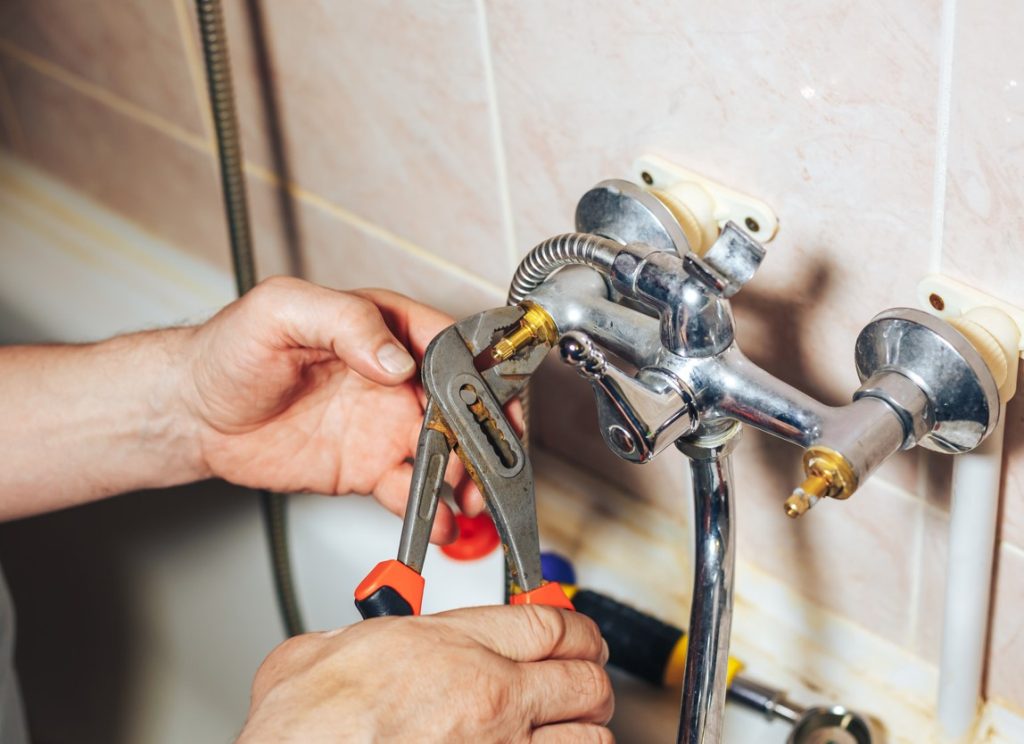
Leaks can be sneaky—and costly. According to the UK’s Waterwise, a dripping tap can waste 5,500 litres of water annually! Regular inspection from a domestic plumber can help you detect leaks early.
Checklist for leaks:
- Visible signs: Look under sinks, around the base of toilets, and at any exposed pipes. Watch for water stains, puddles, or musty smells.
- Water metre test: Turn off all water-using appliances and check your metre. If it continues to count, you may have a hidden leak.
- Frequency: Check for leaks every month.
If the issue is beyond a loose connection or replaceable seal, call a professional plumber to repair hidden leaks safely.
Prevent clogged drains
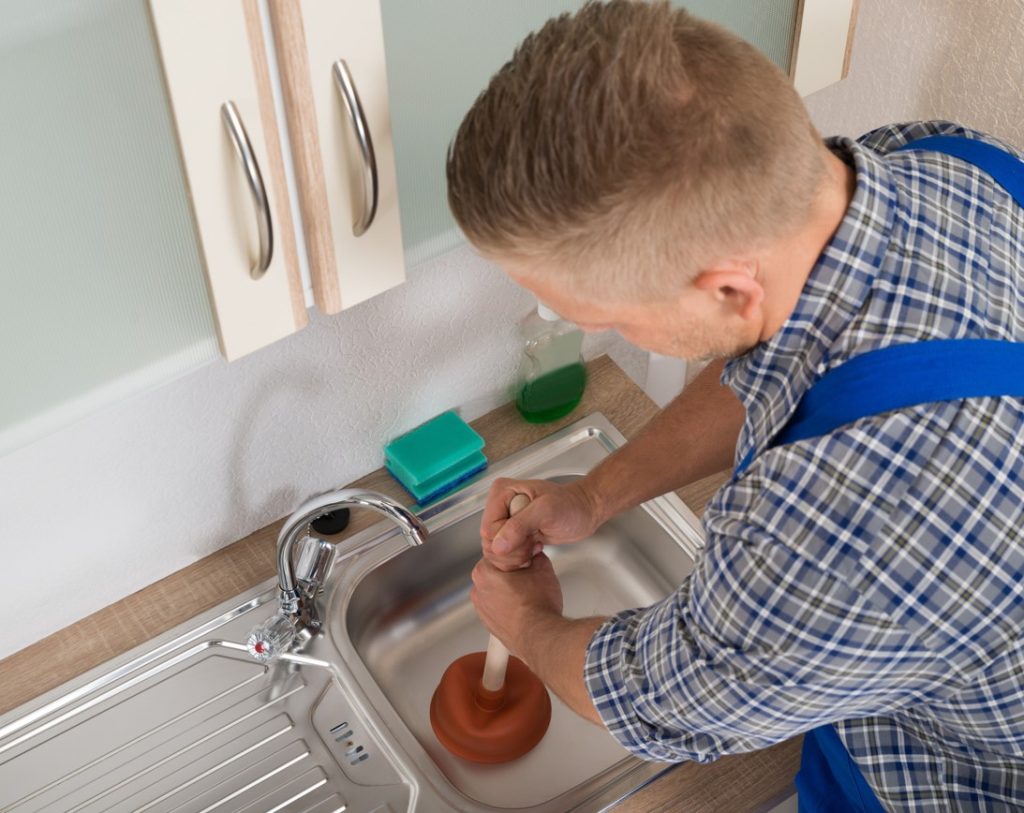
Blocked drains are a common but preventable problem. Avoid clogs by being mindful of what you pour down the drain and keeping your pipes clean.
Actions to take:
- Use drain strainers: Place strainers in kitchen sinks and showers to catch food waste, soap residue, and hair.
- Flush with hot water: Once a week, pour a kettle of boiling water down your sink to dissolve grease build-up.
- DIY cleaner: Use a mix of baking soda and vinegar to clear minor clogs naturally.
- Frequency: Weekly maintenance is ideal.
Avoid using harsh chemical drain cleaners—they can damage your pipes over time.
Inspect your toilet
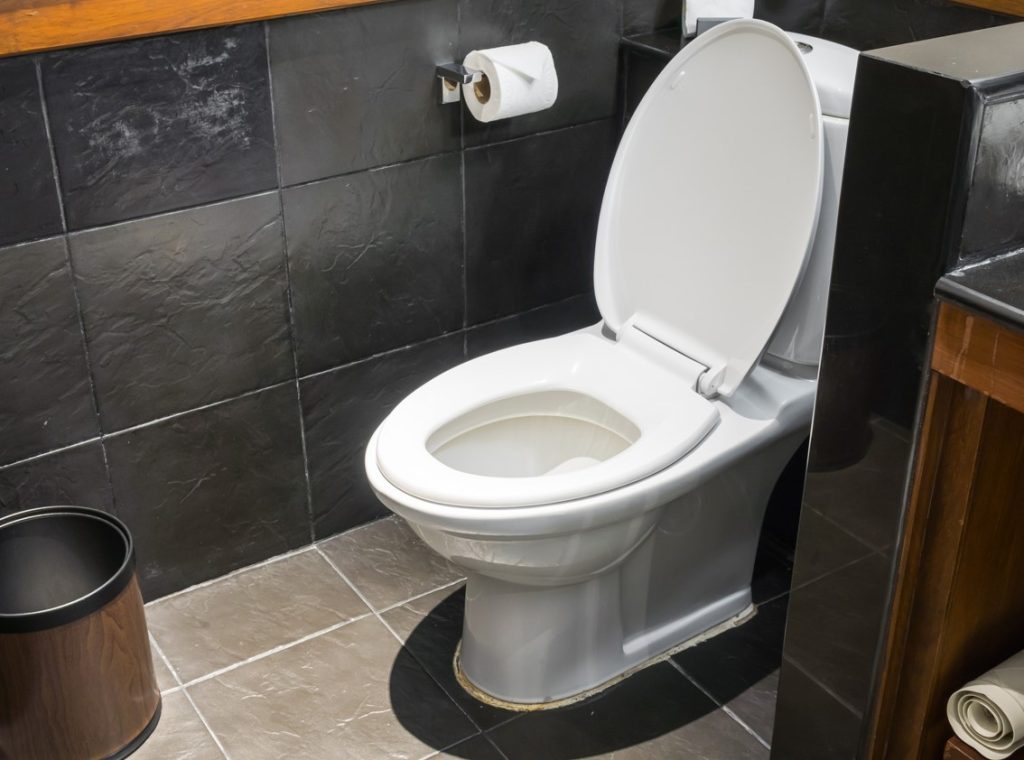
Your toilet system handles a lot of daily use, so give it some TLC. Fixing small issues now can prevent major mishaps later.
Checklist:
- Test for leaks: Add food colouring to the toilet tank. If the colour appears in the bowl without flushing, you have a silent leak.
- Inspect components: Examine the flapper, handle, and valve. Replace any worn parts with a DIY-friendly repair kit.
- Frequency: Perform a check every three months.
Safety Note: Always turn off the water supply before starting repairs.
Manage water pressure in your water supply
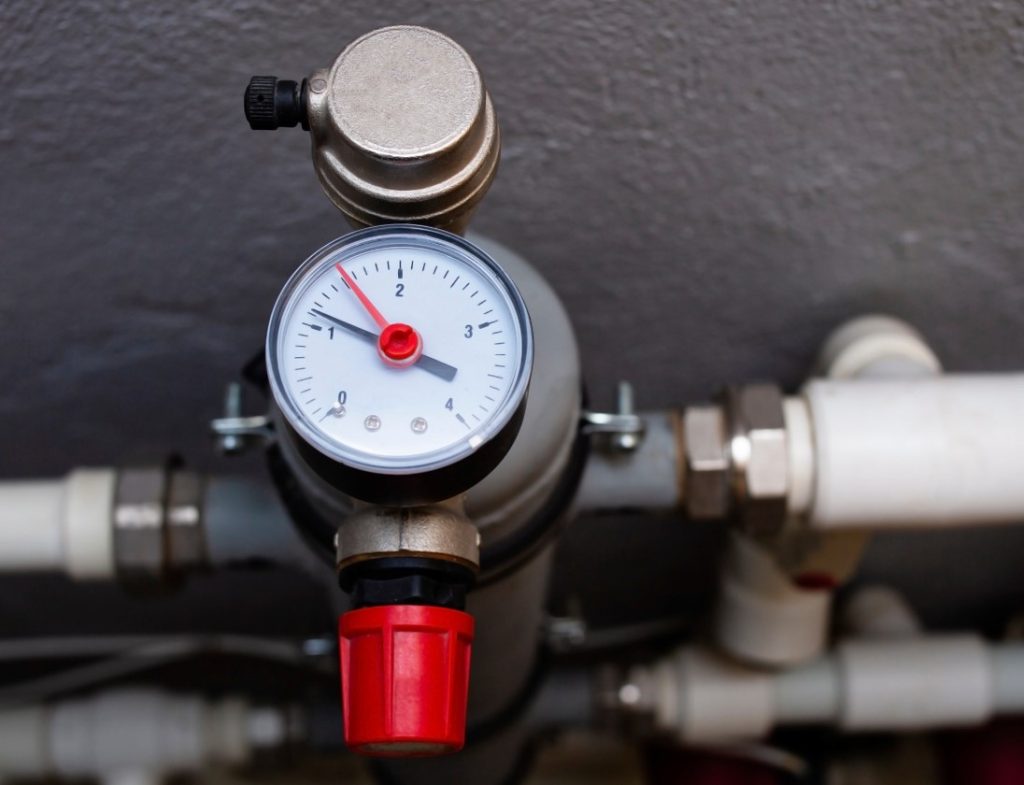
If your shower feels like it’s blasting stripes off your walls, you might have high water pressure—a hidden culprit behind burst pipes and appliance wear.
How to manage pressure:
- Test pressure: Use a water pressure gauge, available at most hardware stores. Ideal pressure ranges from 45–60 psi.
- Install a pressure regulator: Excessive water pressure? Add a pressure-reducing valve to protect your plumbing.
- Frequency: Check pressure annually, or more often if you notice issues like banging pipes.
Insulate pipes
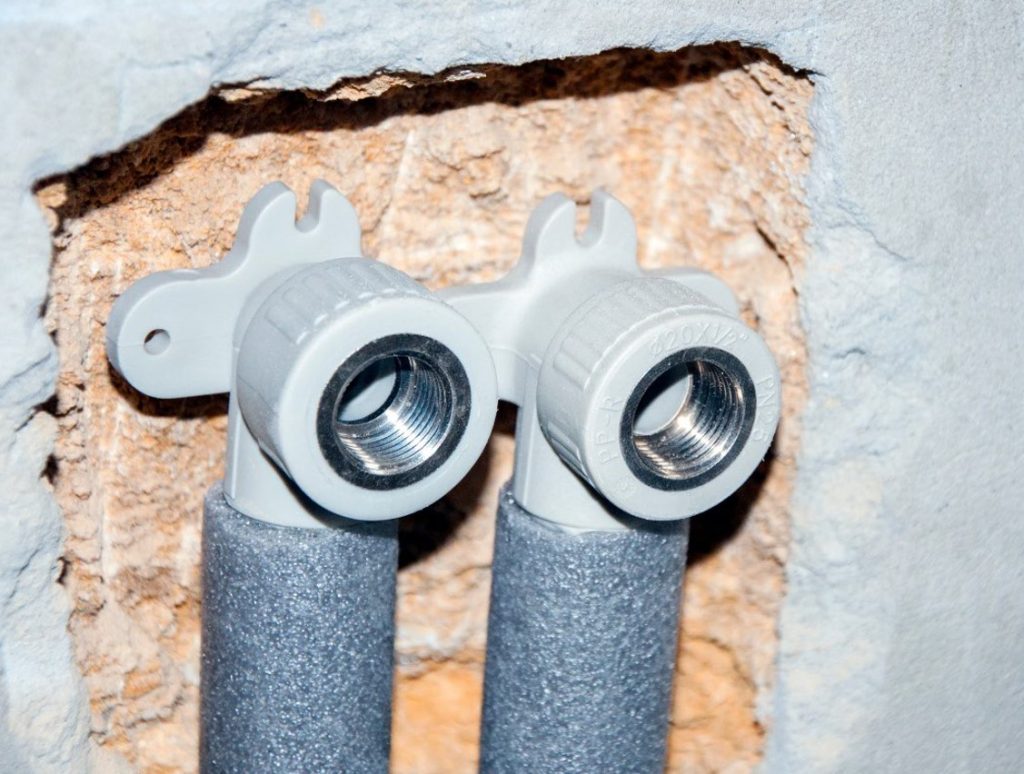
Frozen pipes during freezing temperatures are a homeowner’s nightmare, often leading to ruptures and costly repairs. Insulation keeps your pipes at a stable temperature during colder months.
Insulation tips:
- Choose the right material: Foam pipe sleeves are affordable, effective, and easy to install.
- Focus on cold areas: Insulate exposed pipes in garages, basements, and attics.
- Frequency: Before winter hits, inspect and reinforce pipe insulation.
Combine insulation with dripping taps during freezing weather to prevent blockages.
Service your water heater
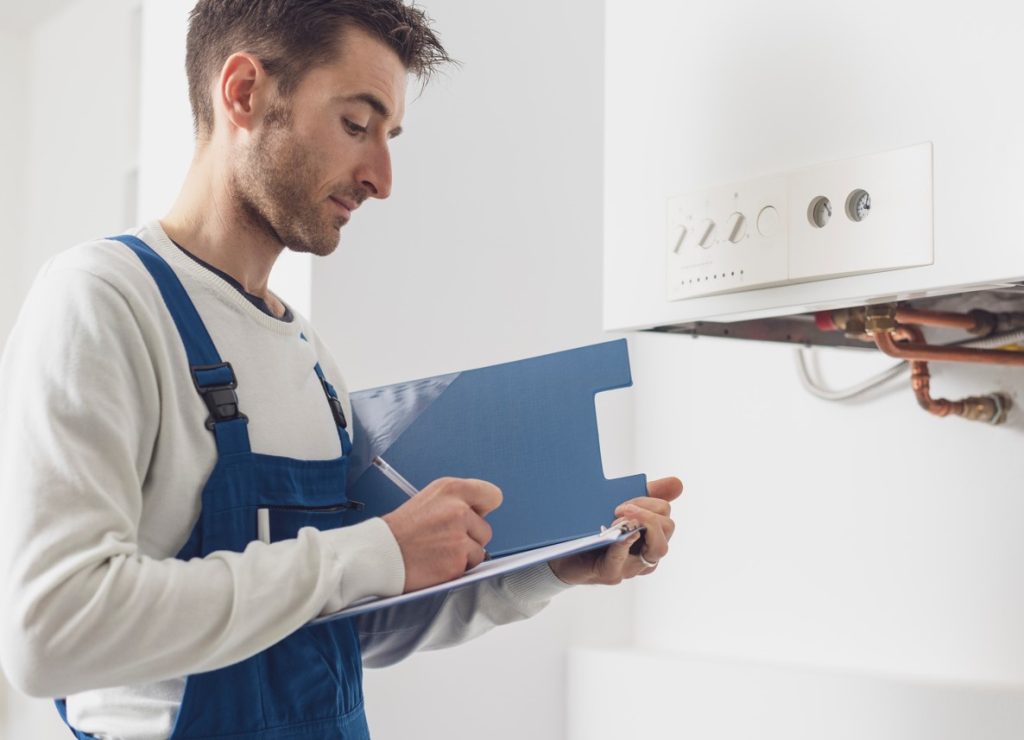
Your water heater works hard behind the scenes, so regular heating service/servicing is a must to ensure its efficiency and lifespan.
Steps to maintain:
- Flush the tank: Sediment build-up can strain your heater. Drain and flush the heater at least once a year to clear deposits.
- Inspect the anode rod: Replace it if corroded—it prevents the tank itself from rusting.
- Seek help: For more advanced repairs or component replacements, contact a professional.
Know your shut-off valves
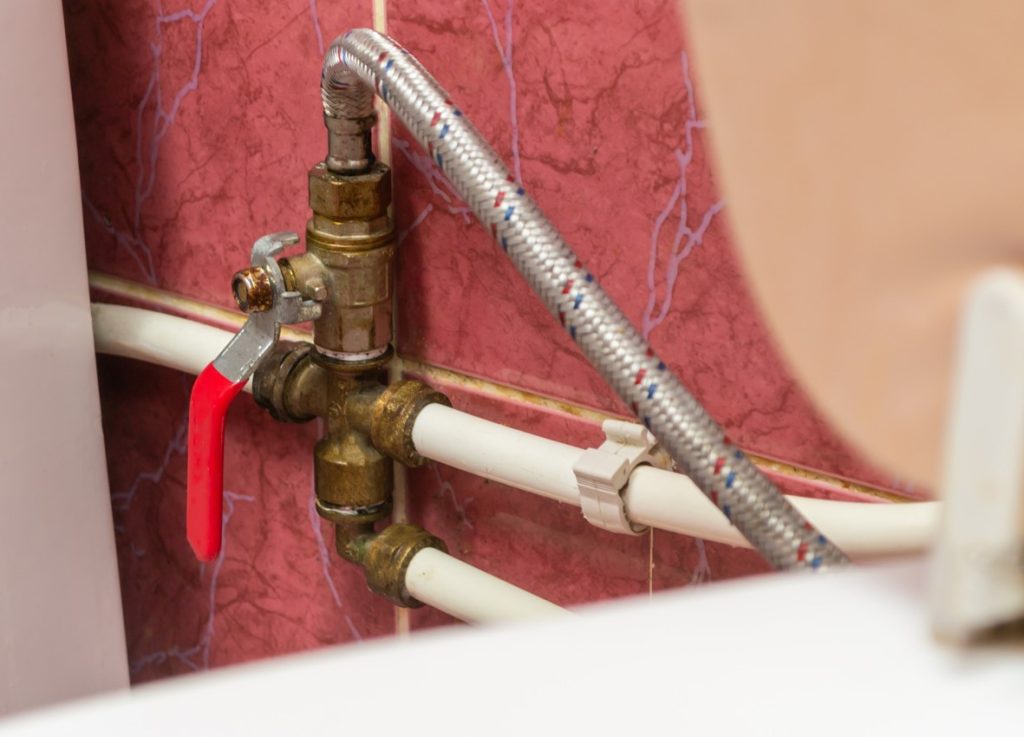
Do you know where your home’s main water shut-off valve is? Knowing this simple detail can save you from major water damage during emergencies.
How to locate:
- Find the valve: It’s typically near where water enters your home, often in a utility space or basement.
- Test it: Turn the valve to ensure it works, then turn it back.
- Frequency: Test the valve annually to avoid rust or seizing.
Monitor outdoor plumbing
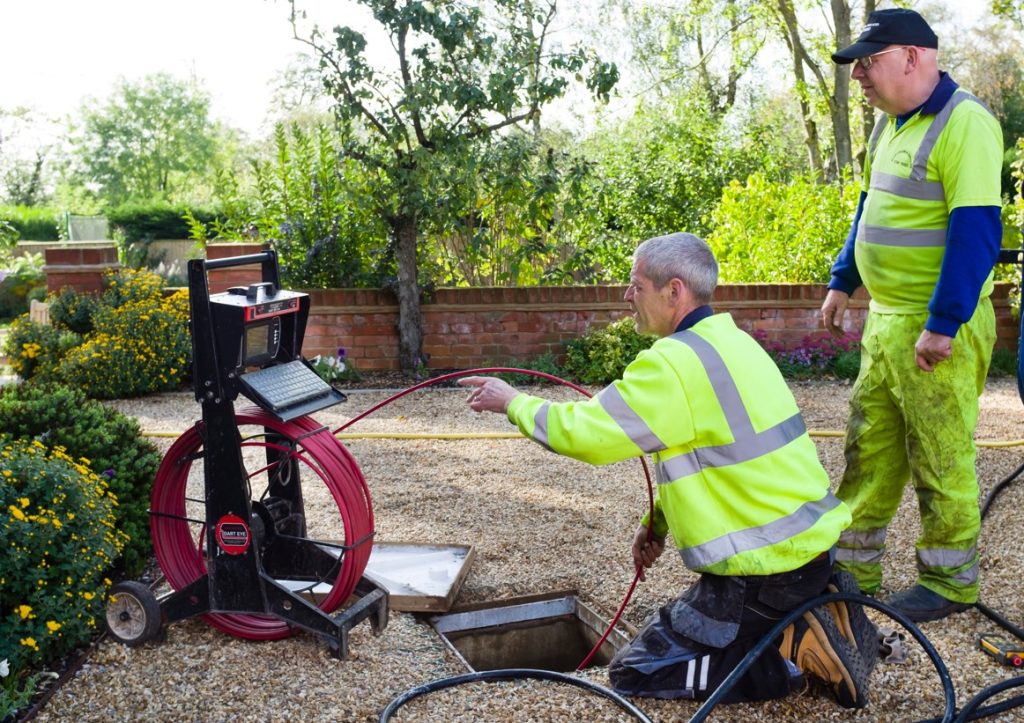
Outdoor taps, garden hoses, and drains are often overlooked but essential to maintain. Prevent costly plumbing repairs with these simple tips.
Outdoor plumbing checks:
- Disconnect hoses: Prevent freezing damage by removing hoses before winter.
- Inspect for leaks: Check external taps for drips or damage, especially after winter.
- Clean gutters: Blocked gutters and downpipes can lead to water pooling and leaks.
- Frequency: Conduct outdoor checks seasonally.
Contact a professional plumber to carry out an inspection
Even the best DIY efforts can’t replace the expertise of a professional inspection. Plumbers use advanced tools to spot hidden issues before they escalate.
Benefits of hiring a pro:
- Thorough checks: From sewer lines to water pressure, nothing goes unnoticed.
- Routine servicing: Identify wear and tear to prevent unexpected breakdowns.
- Frequency: Schedule an inspection once a year for comprehensive peace of mind.
Frequently Asked Questions
How often should plumbing maintenance be done?
Basic tasks like leak-checks and drain cleaning should be done monthly, while professional inspections should occur annually.
Can all these tips be done by DIY enthusiasts?
Simple tasks like cleaning taps, unclogging drains, and testing water pressure can often be done at home. However, for hidden issues or major repairs, it’s best to call a professional plumber.
Why should I hire a plumber instead of fixing problems myself?
While DIY fixes are great for minor issues, a professional plumber ensures long-term solutions and reduces the risk of further damage.
Protect your home the smart way
Proactive plumbing maintenance saves you time, money, and stress while maintaining the comfort and functionality of your home. By following these expert tips, you can tackle minor issues before they snowball into costly repairs.
If you need guidance or encounter problems that require expertise, don’t hesitate to get in touch with Plumbernow—your trusted partner for plumbing services.
Contact us today to keep your plumbing in its best shape!

